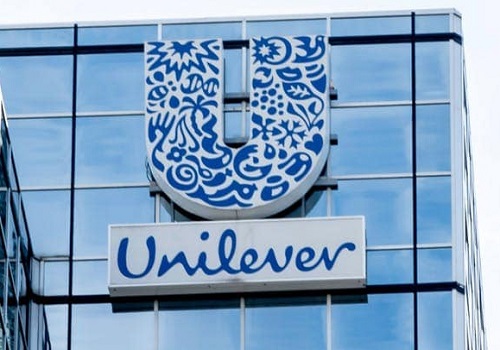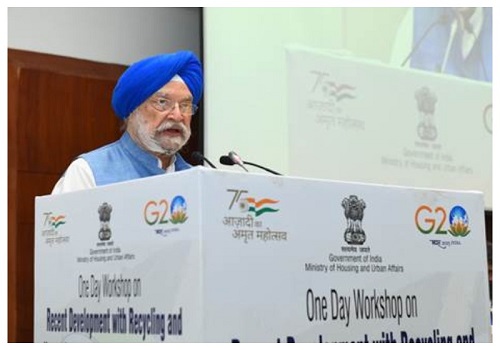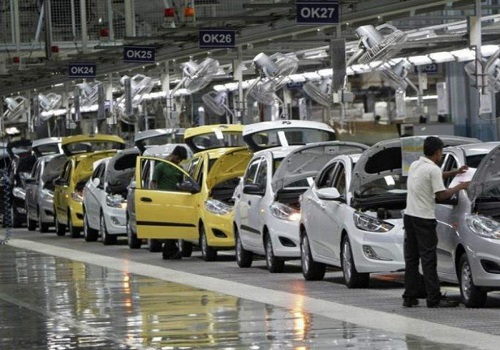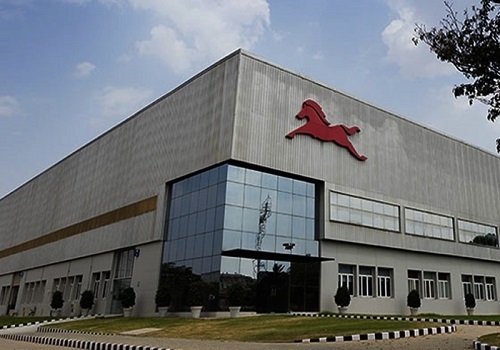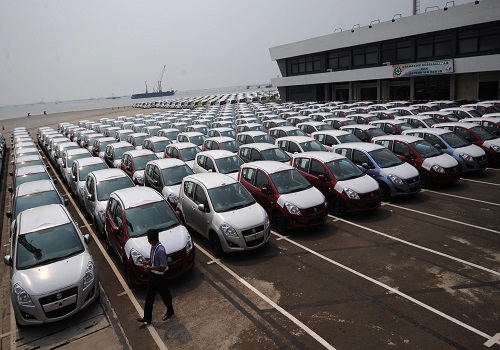Automobiles & Components: Battery electric versus hybrid vehicles - battle to intensify by Kotak Institutional Equities
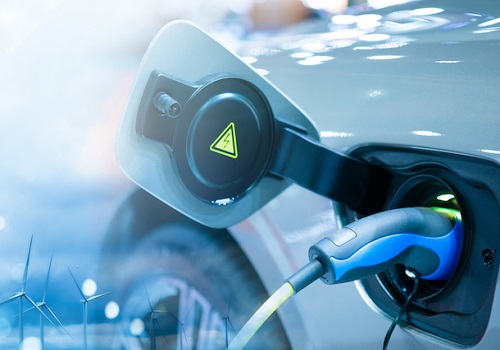
If the proposed policy on hybrid vehicles is implemented, ex-showroom prices of hybrids are likely to come down by 21%. There are five hybrid models on road, which include Maruti Suzuki Grand Vitara & Invicto, Toyota Urban Cruiser Hyryder & Innova Hycross and Honda City. For instance, the price of Maruti Suzuki Grand Vitara Alpha (AT), which is currently sold at an ex-showroom price of Rs1.7 mn is likely to come down to Rs1.34 mn. Also, ex-showroom price of Maruti Suzuki Invicto will come down to Rs2 mn from Rs2.5 mn.
TCO of hybrid vehicles with proposed tax policy will be lower than EV vehicles
TCO of Maruti Suzuki Grand Vitara will improve by 18% if the proposed policy were to be implemented. Also, the TCO will turn favorable for hybrids when compared to EVs as TCO of the top variant for Grand Vitara will be 12% lower than mid variant of Tata Nexon EV, whereas TCO for Grand Vitara is 3% higher than Nexon EV in the current tax regime. Also, we believe that there can be more launches of strong hybrids across segments, which may impact adoption of EVs in the near term given favorable TCO and no charging requirements unlike EVs.
Japanese OEMs are well-positioned to benefit
Globally, Japanese and Korean OEMs have hybrid electric (HEV) offerings, while in India, Japanese OEMs have a few hybrid offerings, placing them in a sweet spot to capitalize on the proposed policy change. While Hyundai, Kia and Honda have 6-7 HEV offerings in global markets, Toyota leads with 27 HEV offerings. We believe Hyundai and Kia Motors will leverage this opportunity and introduce strong hybrid variants of existing and new models across segments. MSIL aims to bring in more strong hybrid vehicles across existing (Swift, Fronx, Dzire) and new models (Grand Vitara 7-seater) as the company exudes confidence that strong hybrids will account for 25% of overall sales for the company by FY2030E.
We expect pure EV adoption to slow down in the near term if the policy is implemented
Strong hybrid volumes have outpaced pure electric vehicles over the past few months driven by strong demand of hybrid vehicles in the MPV segment due to its fuel efficiency. If the proposed taxation structure is implemented, we believe hybrid adoption can increase in other segments as well (SUVs, sedan and hatchback). Also, we expect customers delaying their EV/hybrid purchases as OEMs may progressively prioritize the introduction of hybrid variants for current models and potentially unveiling new models in the coming years. This will definitely impact pure electric vehicle sales in the near term and there can be increase in competitive intensity as Tata Motors and M&M (focusing on pure EVs) may resort to further price cuts (including passing on the benefits of PLI to end-consumers) to drive sales for pure EVs.
Above views are of the author and not of the website kindly read disclaimer

